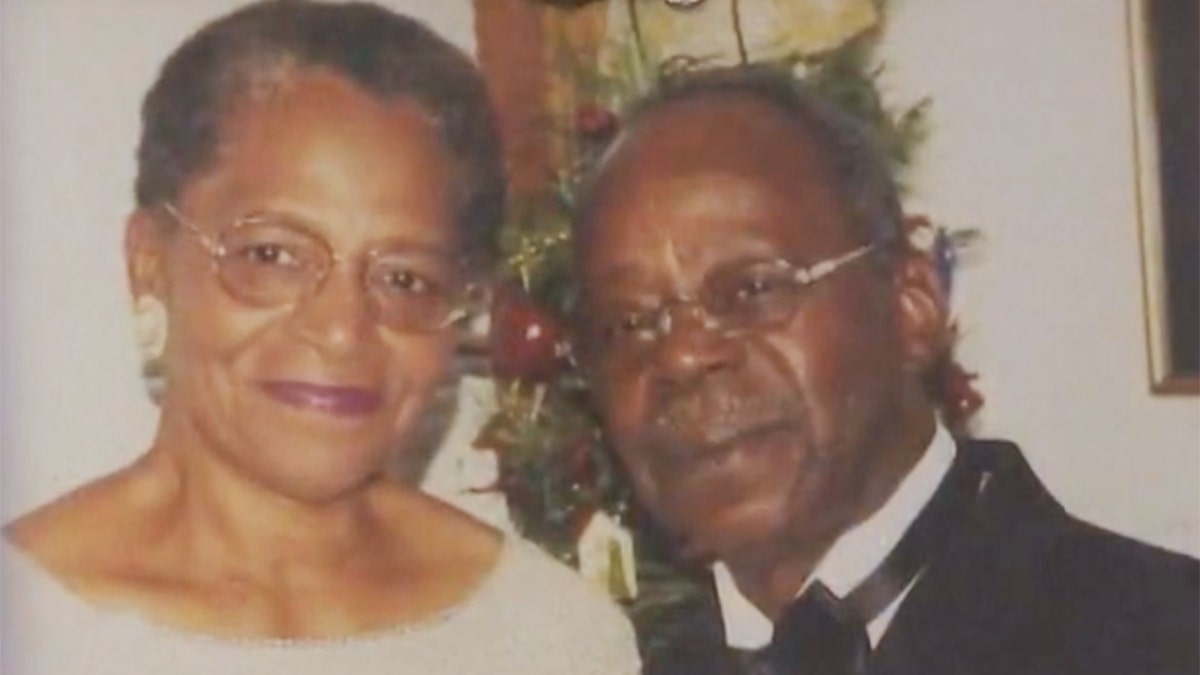
Robert Garland, an 88-year-old veteran in Tennessee, tested positive for West Nile virus before his death, his family claims. (Fox 13 Memphis)
The grieving family of a Tennessee veteran is calling for more awareness and more preventative measures in their county after they claim their father tested positive for West Nile virus before his death. Sharon Thaxton, who said her 88-year-old father Robert Garland contracted the virus outside his Orange Mound home, said they initially believed his symptoms were due to a stroke.
“He got sick, went to the hospital, we thought he had a stroke,” she told Fox 13 Memphis. “But he didn’t have a stroke. Thought it was a tick – it wasn’t a tick. Then they tested for a mosquito and that’s what it was, a mosquito.”
The Shelby County Health Department told the news outlet that there have been three confirmed human cases of West Nile virus in Tennessee this year, two of them in Shelby County.
With mosquitoes testing positive for the virus in 37 zip codes within the county, officials said they spray in accordance with the data.
WHAT IS WEST NILE? 3 THINGS TO KNOW ABOUT THE MOSQUITO-SPREAD AILMENT
But Garland’s family, including his devastated widow, want more to be done to control the mosquito population and help prevent more deaths.
“It hurt me real bad because we’ve been married for so long,” Faye Garland told the news outlet.
According to the Centers for Disease Control and Prevention (CDC), most people infected with the virus will not develop any symptoms, but those who do may suffer a fever in addition to headache, body aches, joint pains, diarrhea or rash. Serious symptoms are rare, but do affect the central nervous symptom and present the greatest risk in patients over 60.
Those with medical conditions like cancer, diabetes, hypertension and kidney disease, or patients who have received organ transplants, may take longer to recover, while 1 in 10 of those patients died. There is no vaccine or antiviral treatment available for West Nile patients, but according to the CDC, those sickened can take over-the-counter pain relievers or supportive treatment.
“Everybody needs to know [about] this disease that’s killing,” Thaxton told the news outlet.